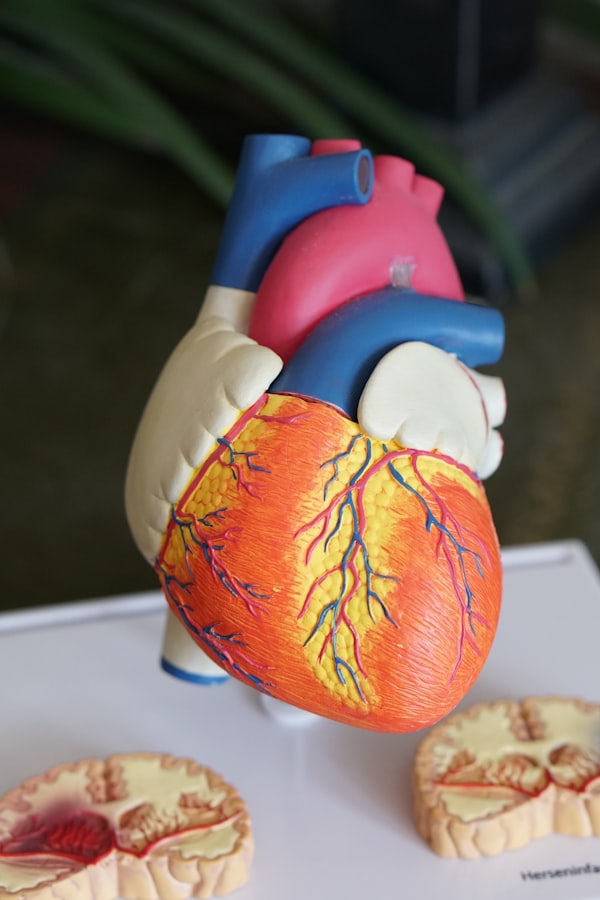
An Introduction to Biology
Exploring the Science of Life
Biology, derived from the Greek words 'bios' (life) and 'logos' (study), stands as the fundamental natural science dedicated to the comprehensive study of life and living organisms. This expansive field seeks to understand the structure, function, growth, origin, evolution, and distribution of all biological entities, ranging from the smallest subcellular structures like viruses and molecules to complex multicellular organisms and entire ecosystems.
As a cornerstone of scientific inquiry, an introduction to biology reveals the intricate mechanisms and unifying principles that govern the living world.

Key Characteristics of Life
At its core, biology grapples with defining what constitutes 'life'. While a single, simple definition remains elusive, scientific consensus identifies several key characteristics of life. These typically include:
- Organization: Living things exhibit a high degree of order, often arranged in a hierarchy from molecules to cells, tissues, organs, and organ systems. The cell is recognized as the basic structural and functional unit of all known organisms (Cell Theory).
- Metabolism: Organisms acquire and utilize energy to maintain their organization and carry out life processes. This involves complex biochemical reactions collectively known as metabolism.
- Homeostasis: Living systems actively maintain a stable internal environment, regulating factors like temperature, pH, and chemical concentrations, despite external fluctuations.
- Growth and Development: Organisms grow and develop according to instructions encoded in their genetic material.
- Response to Stimuli: Life reacts to changes in its environment.
- Reproduction: Organisms produce offspring, passing on genetic information to the next generation.
- Adaptation: Populations of organisms evolve over time, developing traits that enhance survival and reproduction in their specific environments.

Evolution: Biology's Unifying Theory
Central to understanding the vast diversity of life and its shared features is the theory of evolution by natural selection, arguably biology's most crucial unifying concept. Proposed by Charles Darwin and Alfred Russel Wallace, this theory explains how populations change over generations as individuals with advantageous traits are more likely to survive and reproduce, passing those traits to their offspring.
Coupled with Gene Theory, which posits that traits are inherited through units called genes encoded within DNA (deoxyribonucleic acid), evolution provides a powerful framework for understanding the history, relationships (phylogeny), and adaptations of all life on Earth.
Branches of Biological Study
The sheer breadth of biological inquiry has led to the development of numerous specialized branches of biology.
Molecular Biology
Investigates life at the chemical and molecular level, studying DNA, RNA, and proteins.
Cell Biology
Focuses on the structure and function of cells, the basic units of all living organisms.
Genetics
Explores heredity and the variation of inherited characteristics across generations.
Physiology
Examines the functions of organisms and their parts, how body systems work together.
Ecology
Studies interactions between organisms and their environment, including populations and ecosystems.
Evolutionary Biology
Investigates the processes driving the origin and diversification of life over time.
These fields often overlap and interact, contributing to a holistic understanding of life.
The Impact of Biological Knowledge
Biology is a dynamic and essential science. It provides the foundational knowledge for advancements in medicine, agriculture, biotechnology, and environmental conservation. An introduction to biology not only unveils the complexity and elegance of living systems but also underscores our own place within the intricate web of life.
Its principles are fundamental to addressing global challenges and continuing our exploration of the natural world, making the ongoing study of life a vital human endeavor.

Ready to explore the fascinating world of biology?
Browse Our TopicsWhy Choose Us
We provide comprehensive biological knowledge with our unique approach
Comprehensive Content
In-depth articles on all biology subjects
Accuracy
All content by knowledgable people in the field
Accessible Learning
Complex topics explained in simple, understandable terms
Our Biology Topics
Explore our wide range of biological fields designed to expand your knowledge

Molecular Biology
Discover the fundamental molecules of life and how they function within living organisms.

Ecology
Explore the complex relationships between organisms and their environments across various ecosystems.

Genetics
Understand the principles of inheritance, gene expression, and how DNA shapes all living things.

Physiology
Examine how organs and body systems function together to maintain life in various organisms.

Evolution
Discover how species change over time through natural selection and other evolutionary mechanisms.

Cell Biology
Explore the structure and function of cells, the fundamental units of all living organisms.
About Biology.no
Learn more about our mission and vision
Our Story
Established in 2015, Saviors originated as a student group driven by intellectual curiosity. What started as a shared exploration among friends has evolved significantly. Following our foundational years, each member pursued distinct academic paths, cultivating deep expertise in specialized domains.
Our collective competence spans crucial areas including advanced methodology and statistics, business strategy, biological sciences, psychology, marketing principles, economic analysis, and pedagogical theory. This diverse knowledge base forms the core of what we are, and what we do.
Our Mission
Reunited with a common purpose, we are committed to translating our academic insights into practical value. We believe knowledge is most powerful when shared and applied. As a team of passionate academicians, we build an environment that promotes creativity, critical thinking, and tangible skills.
Our Focus Areas
Our diverse team brings expertise across several critical areas of biology
Research Methods
Advanced methodology and statistical analysis to ensure rigorous scientific work.
Educational Theory
Pedagogical approaches that make complex biological concepts accessible.
Interdisciplinary Work
Connecting biology with psychology, economics, and other relevant fields.
Disclaimer: Website Under Development
Please be advised that this website is currently under active development and should be considered a work in progress.
The content presented here is for informational and exploratory purposes only. It does not meet formal academic standards and is not intended as instructional material. Consequently, no guarantee is made regarding the scientific accuracy, completeness, or reliability of the information provided.
Users should approach the content with this understanding and consult verified academic or professional sources for definitive information. Thank you for your patience as we continue to develop this platform.